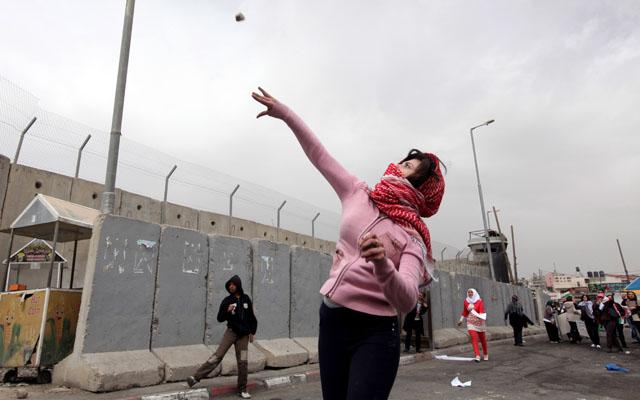AMMAN — Foreign Minister Nasser Judeh in Paris on Wednesday reviewed with US Secretary of State John Kerry various aspects of the important and successful visit of His Majesty King Abdullah to the US, his summit meeting with President Barack Obama and his other meetings with administration officials and lawmakers.
Judeh’s meeting with his US counterpart came in line with continued coordination and consultations between Jordan and the US, regarding the latest developments, especially efforts exerted by Kerry to arrive at a framework for negotiations between the Palestinians and the Israelis, the Jordan News Agency, Petra, reported.
The meeting was also in line with the US commitment to keeping Jordan constantly updated on efforts exerted within this context, in light of Jordan’s key interests in the final status issues, the agency said.
Kerry stressed the importance of the Kingdom’s role and its national interests, Petra reported.
Judeh asserted Jordan’s position in support of the establishment of an independent and sovereign Palestinian state on the Palestinian national soil with East Jerusalem as its capital.
At the meeting, the two sides agreed to keep all channels of communications open and to intensify contacts between them, especially in the coming stage.
On Tuesday, Judeh met with the Quartet’s special envoy, Tony Blair, and discussed the progress of the current US-brokered peace negotiations between the Palestinians and the Israelis.
Kerry and Palestinian President Mahmoud Abbas met for dinner on Wednesday at what the United States called “an important point in the negotiations” over an Israeli-Palestinian peace deal, Reuters reported.
Peace talks resumed on July 29 after a nearly three-year break. At the time, Kerry said: “Our objective will be to achieve a final status agreement over the course of the next nine months.”
As that deadline has approached, US officials appear to have scaled back their ambitions, saying they are trying to forge a “framework for negotiations” as a first step though they still hope to hammer out a full agreement by April 29.
Such a framework could sketch the outlines of an accord to resolve the more than six-decade-old dispute, whose main issues include borders, security, the fate of Palestinian refugees and the status of Jerusalem.
“We are at an important point in the negotiations where we are engaged with narrowing the gaps between the parties on a framework for negotiations, and it was an appropriate time to spend a few hours meeting with President Abbas to talk about the core issues,” said State Department spokeswoman Jen Psaki.
However, some Palestinian officials have criticised the idea of a framework and, in particular, the notion that either side could note their “reservations” about anything in it.
Hanan Ashrawi, a member of the Executive Committee of the Palestinian Liberation Organisation, on Wednesday reiterated that the Palestinians were opposed to the idea of a framework that allowed both sides to express their reservations.
“This framework agreement is not really an agreement. Each side can express their reservations... If both sides disagree on the issues presented, that means it is not an agreement,” Ashrawi told reporters in Ramallah.
“Why have [such a deal]? Is it just to maintain a semblance of progress? Is it meant to buy more time? Or is it not to admit we have failed?” she asked. “President Mahmoud Abbas committed to negotiations ending on April 29. That is the deadline.”
Despite Ashrawi’s remarks, Abbas earlier this week hinted at some flexibility on one of the major issues in the dispute: the “right of return” for Palestinians who fled or were driven away during 1948 hostilities when Israel was created.
Speaking on Sunday, he said the Palestinians wanted to keep the issue alive to protect the rights of such Palestinians, “but we do not seek either to flood Israel with millions [of refugees] or to change its social composition”.
His comments were seen as his clearest suggestion yet he might accept Israel’s demands that refugees be permitted to “return” only to a future Palestinian state.












